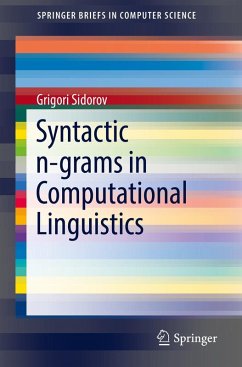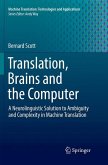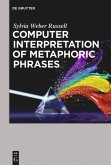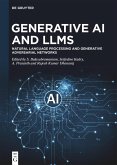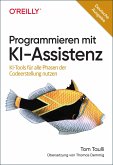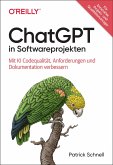This book is about a new approach in the field of computational linguistics related to the idea of constructing n-grams in non-linear manner, while the traditional approach consists in using the data from the surface structure of texts, i.e., the linear structure.
In this book, we propose and systematize the concept of syntactic n-grams, which allows using syntactic information within the automatic text processing methods related to classification or clustering. It is a very interesting example of application of linguistic information in the automatic (computational) methods. Roughly speaking, the suggestion is to follow syntactic trees and construct n-grams based on paths in these trees. There are several types of non-linear n-grams; future work should determine, which types of n-grams are more useful in which natural language processing (NLP) tasks.
This book is intended for specialists in the field of computational linguistics. However, we made an effort to explain ina clear manner how to use n-grams; we provide a large number of examples, and therefore we believe that the book is also useful for graduate students who already have some previous background in the field.
In this book, we propose and systematize the concept of syntactic n-grams, which allows using syntactic information within the automatic text processing methods related to classification or clustering. It is a very interesting example of application of linguistic information in the automatic (computational) methods. Roughly speaking, the suggestion is to follow syntactic trees and construct n-grams based on paths in these trees. There are several types of non-linear n-grams; future work should determine, which types of n-grams are more useful in which natural language processing (NLP) tasks.
This book is intended for specialists in the field of computational linguistics. However, we made an effort to explain ina clear manner how to use n-grams; we provide a large number of examples, and therefore we believe that the book is also useful for graduate students who already have some previous background in the field.

